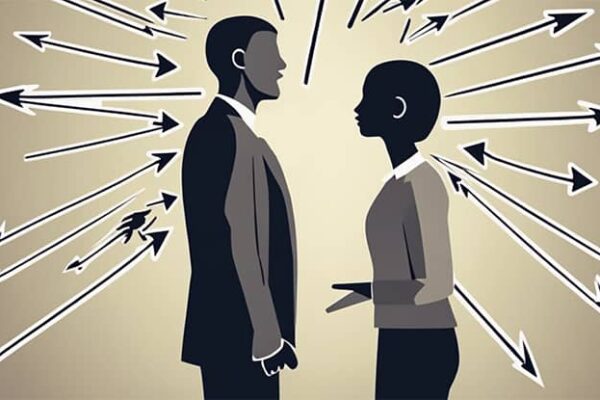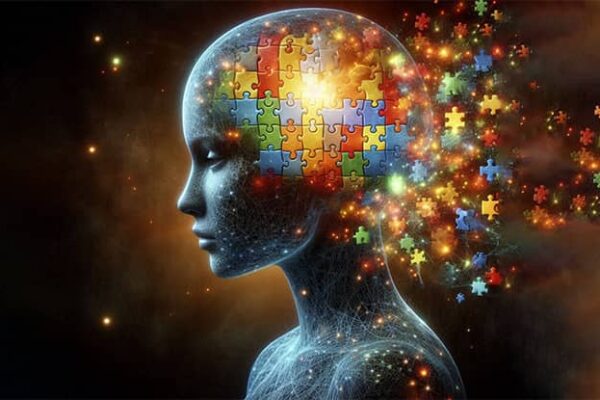Panic Disorder is a severe condition that can significantly disrupt a person’s quality of life. It is characterized by recurrent and unexpected episodes of intense fear, accompanied by physical symptoms. These episodes, known as panic attacks, can arise suddenly and without any clear cause, leaving the person feeling helpless and out of control.
Clinical Psychology and its Role in Modern Medicine
Clinical psychology plays a critical role in contemporary medicine, bridging psychological knowledge and practices with a medical approach to treating various disorders and diseases. This field not only aids in diagnosing and treating mental disorders but also contributes to enhancing patients’ overall health, their adaptation to illnesses, and quality of life.
Body Dysmorphic Disorder: Symptoms, Causes and Modern Treatments
Body Dysmorphic Disorder (BDD), is a mental disorder in which a person becomes obsessed with imagined or minor flaws in their appearance. This condition causes significant distress and severely impairs a person’s social, professional, and personal life.
Causal Attribution: How Our Beliefs Shape Reality
Causal attribution is a fundamental process in social psychology that plays a key role in our understanding of the world and our interactions with others. This term refers to how people interpret the causes of events and behaviors—both their own and those of others.
Soul Surgery: Psychological Motives for Plastic Surgeries
The modern world imposes numerous demands on individuals, and one of the most significant is the expectation to meet certain appearance standards. Plastic surgery, once considered a privilege for only a select few, is becoming increasingly accessible to the general public. However, the desire to change one’s appearance often stems from deep psychological motivations.
Asthenic Syndrome: What is Hidden Behind Constant Weakness
Asthenic Syndrome — a condition characterized by increased fatigue, weakness, and decreased work capacity. It is a common phenomenon in today’s world, where the fast pace of life, stress, and information overload have become the norm. Statistics show that approximately 20-30% of the population experiences some form of asthenia.
Psychodynamic Therapy: Unraveling Internal Conflicts
Psychodynamic therapy is one of the most influential approaches in psychotherapy, with roots that extend deeply into the history of psychoanalysis. This method for treating psychological disorders and personal issues is based on understanding the deep processes of the human psyche and their impact on behavior and emotional well-being.
Dissociative Identity Disorder: Secrets of Multiple Selves
Dissociative Identity Disorder (DID) – one of the most complex and controversial mental conditions in modern psychiatry, previously known as multiple personality disorder, is characterized by the presence of two or more distinct identities or personality states that alternately control the individual’s behavior.
How to Find a Good Psychologist Online: Working Tips
In today’s world, where stress and emotional challenges have become integral parts of our lives, the importance of psychological assistance cannot be overstated. More people are realizing the need to consult professional psychologists to resolve personal issues, improve emotional well-being, and enhance overall quality of life.
Schizophrenia: Key Facts Everyone Should Know
Schizophrenia is a serious mental disorder that affects a person’s thinking, perception, and behavior. This complex illness, surrounded by many myths and misconceptions, often causes fear and social rejection. However, understanding the facts about schizophrenia can help us better understand the condition and support those who live with it.
Abstract Thinking: A Powerful Tool for a Successful Person
In a world where information is becoming increasingly complex and multifaceted, the ability to engage in abstract thinking gains exceptional value. But what exactly is abstract thinking, and why is it so important?
Tourette Syndrome: Modern Methods of Diagnosis, Treatment and Support
Tourette Syndrome is a complex neuropsychiatric disorder characterized by the presence of multiple motor tics and at least one vocal tic. This condition, named after the French neurologist Georges Gilles de la Tourette, who first described it in 1885, continues to intrigue the medical community with its complexity and multifaceted manifestations.
Parkinson’s Disease: How to Respond to Symptoms?
Parkinson’s disease is a progressive neurological disorder that affects movement, balance, and coordination. It impacts millions of people worldwide, and while there is no cure yet, an appropriate response to symptoms can significantly improve patients’ quality of life. In this article, I will explain how to recognize Parkinson’s disease symptoms and respond to them effectively.
Clean Water – Clean Thoughts: The Psychological Benefits of Hydration
Water is the basis of life on our planet, playing a critical role in the functioning of every cell in our bodies. When we talk about hydration, we mean the process of saturating the body with water to maintain optimal water balance. Most people understand the importance of water for physical health, yet often overlook […]
Psychoenergetics of Massage: Restoration of Internal Balance
Psychoenergetics is a complex system that integrates aspects of psychology and energy dynamics, influencing a person’s physical and emotional well-being. In the modern world, maintaining inner balance is becoming increasingly important given the high levels of stress and fast-paced lifestyle. One effective method for restoring harmony between body and spirit is massage. Massage affects not […]














